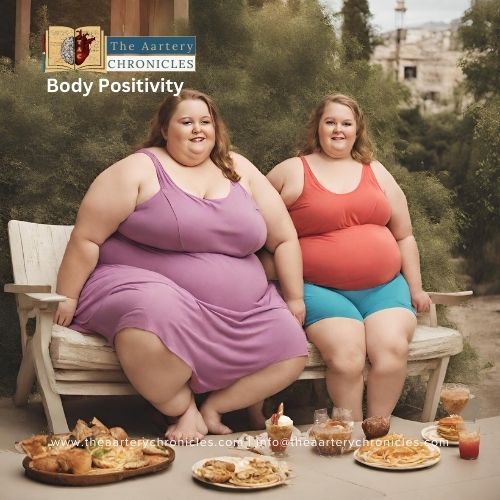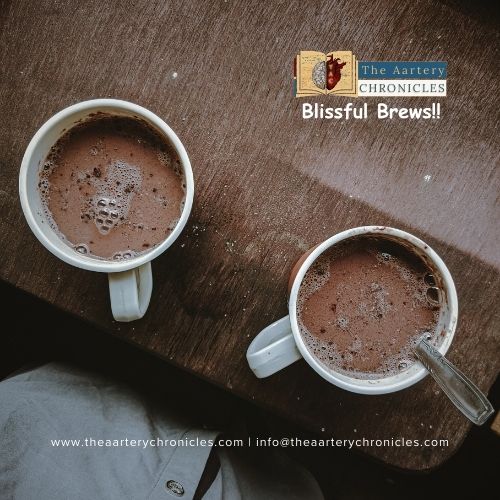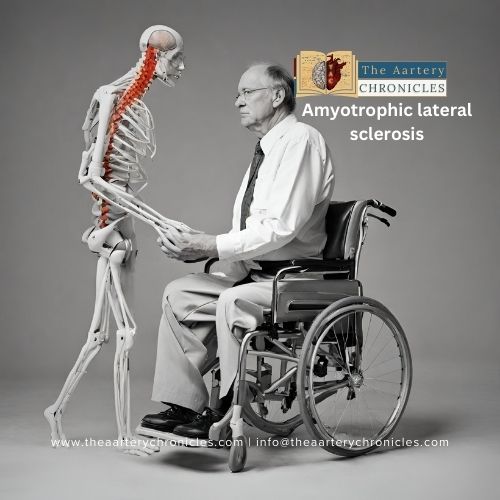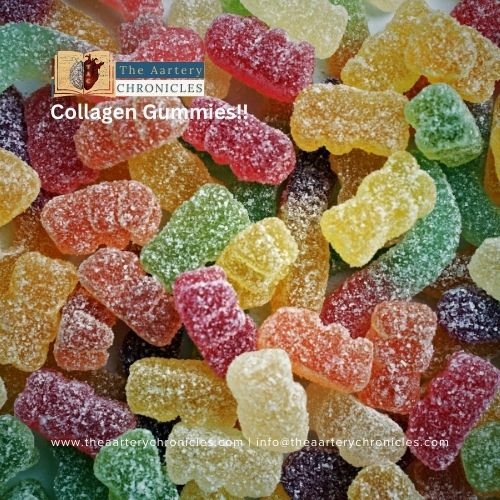

Can Soda Really Cause Dementia? The Truth Is..
Drinking sugary or diet beverages in older age does not increase the risk of developing dementia, according to a large study published in JAMA Psychiatry.
Researchers from Zhejiang University School of Medicine in China, along with U.S. collaborators, analyzed data from nearly 11,000 adults aged 65 and older. Over a decade of follow-up, they found no connection between regular intake of sweetened drinks whether sugar-based or artificially sweetened and new cases of dementia.
Why the Concern?
Dementia is a condition marked by memory loss and cognitive decline, often interfering with daily life. It is a growing issue as populations age, and identifying ways to prevent it is a major health priority.
Diet is often viewed as a modifiable risk factor. Since sugary drinks are known to contribute to obesity, type 2 diabetes, and heart disease conditions linked to dementia some experts have raised concerns about their effect on brain health.
Animal studies have shown that high sugar intake may lead to changes in the brain related to Alzheimer’s disease. But human studies have shown mixed results some suggesting a link, while others do not.
What the Study Looked At
This new research pulled together data from six long-term U.S. health studies. In total, it included 10,974 older adults, with an average age of 73.2. About 60% were women.
Participants reported their consumption of sugary and diet drinks through food-frequency questionnaires. The researchers then followed them for an average of 10.7 years, tracking new cases of dementia.
To ensure accuracy, they excluded people already diagnosed with dementia in the first two years of the study.
The Results: No Link Found
Over the follow-up period covering more than 116,000 person-years, 2,445 participants developed dementia.
However, the analysis showed:
- No increased risk of dementia among those who drank artificially sweetened beverages.
- No increased risk among those who drank sugar-sweetened beverages daily drinkers had a slightly lower risk, though this was not significant.
In other words, no evidence drinking sweetened beverages in older age contributes to dementia. The results were consistent across different groups and remained stable even after sensitivity checks.
Mediterranean Diet Linked to Lower Risk
Although sweetened drinks weren’t associated with dementia, the study did find that people who closely followed a Mediterranean diet had a lower risk.
The Mediterranean diet includes a high intake of vegetables, fruits, whole grains, nuts, olive oil, and fish foods shown to protect heart and brain health.
This suggests that overall diet quality may play a more important role than individual food items when it comes to brain ageing.
What Does This Mean for Older Adults?
For older adults, continuing to drink sweetened beverages occasionally may not raise dementia risk.
However, that doesn’t mean sugary drinks are harmless. They still raise the risk of diabetes, obesity, and cardiovascular disease which themselves are risk factors for other serious conditions.
So while skipping sugary sodas in your 70s may not help your memory, cutting back still makes sense for overall health.
Conclusion
Importantly, this study only looked at people aged 65 and older. The researchers note that diet earlier in life could have a stronger long-term effect on brain health.
The brain is more adaptable and possibly more vulnerable in middle age and earlier. That means poor dietary habits earlier in life could still increase dementia risk decades later, even if late-life changes show little benefit.
Source: Inputs from various media Sources

Priya Bairagi
Reviewed by Dr Aarti Nehra (MBBS, MMST)
I’m a pharmacist with a strong background in health sciences. I hold a BSc from Delhi University and a pharmacy degree from PDM University. I write articles and daily health news while interviewing doctors to bring you the latest insights. In my free time, you’ll find me at the gym or lost in a sci-fi novel.








